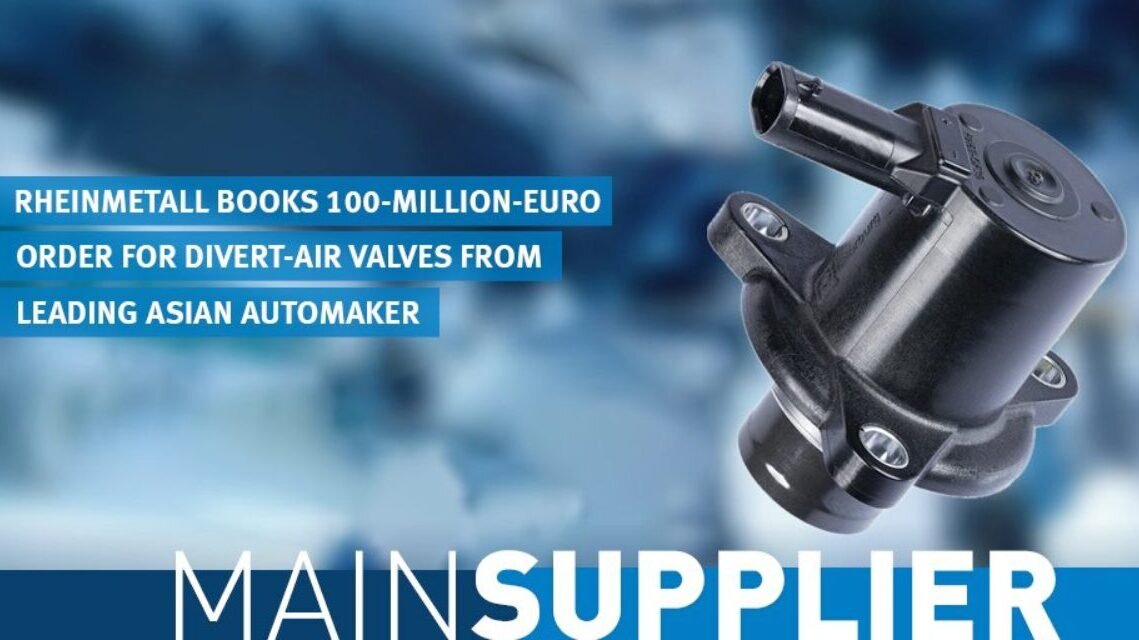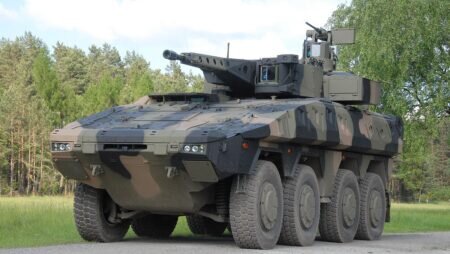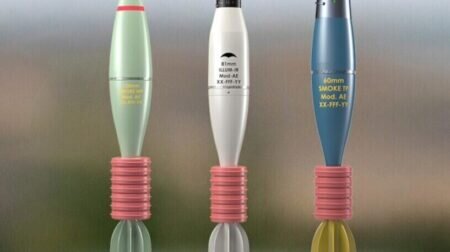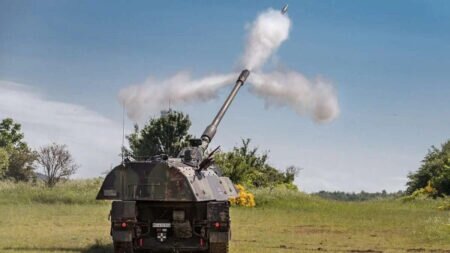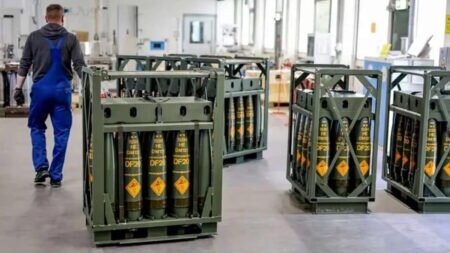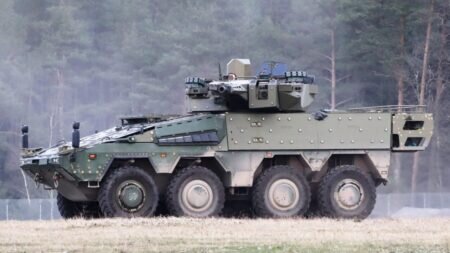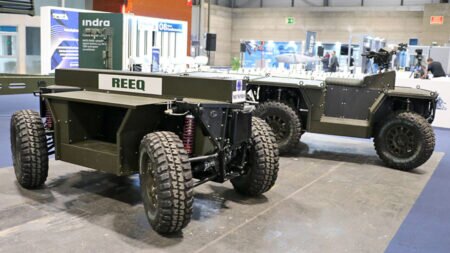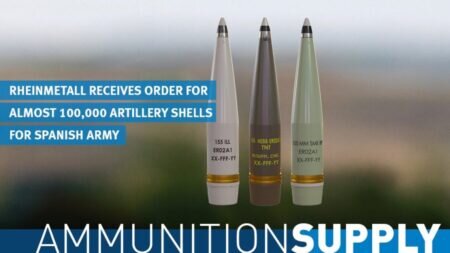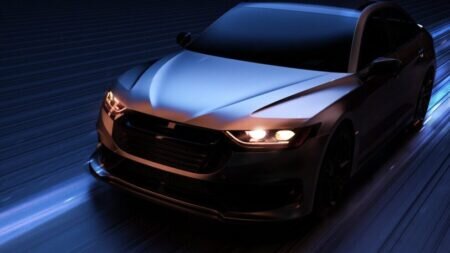Rheinmetall is awarded contract from an existing prior customer to produce divert-air valves for various engine types.
The customer has now seamlessly extended the contract through to 2032, representing additional sales volume for Rheinmetall of around €100 million without value added tax.
Rheinmetall made the following statement regarding the order:
“This is the largest-single order ever booked by the Group for divert-air valves. The automaker chose a 5th generation product for its fleet of vehicles. The divert-air valves are characterized by low leakage and low weight. They can be produced at Group locations worldwide. A strong working relationship means that further orders from the automaker in this product area can be expected in future.
By briefly opening a bypass at the compressor during overrun operation, electric divert-air valves help to assure optimum performance of engines with turbochargers. This way, the turbocharger can be held at a specific rotational speed, an effective means of preventing so-called ‘pumping’, resulting in sustained improvement in noise behavior, engine dynamics and the longevity of adjacent engine components. Back in 2004, Rheinmetall subsidiary Pierburg was the first company to market electric divert-air valves, more than a hundred million of which have since been installed in engines worldwide. In the meantime, a 6th generation of the component is available. In the face of steadily higher requirements, continuous optimization keeps valves from Rheinmetall smaller, lighter and more efficient than their market rivals.
These orders underscore Rheinmetall’s expertise as a competent partner of the global automotive industry throughout the entire technology chain, and not just in the e-vehicle realm but for conventionally powered cars and trucks, too. The Group’s multifaceted portfolio reflects the far-reaching technological transformation underway in different drive systems throughout the entire value-added chain. These also include stationary applications for hydrogen technology, balance-of-plant products for fuel cell vehicles, high-efficiency components for battery-operated vehicles and conventional engine technologies, as well as lightweight parts and metal-plastic composites.”

